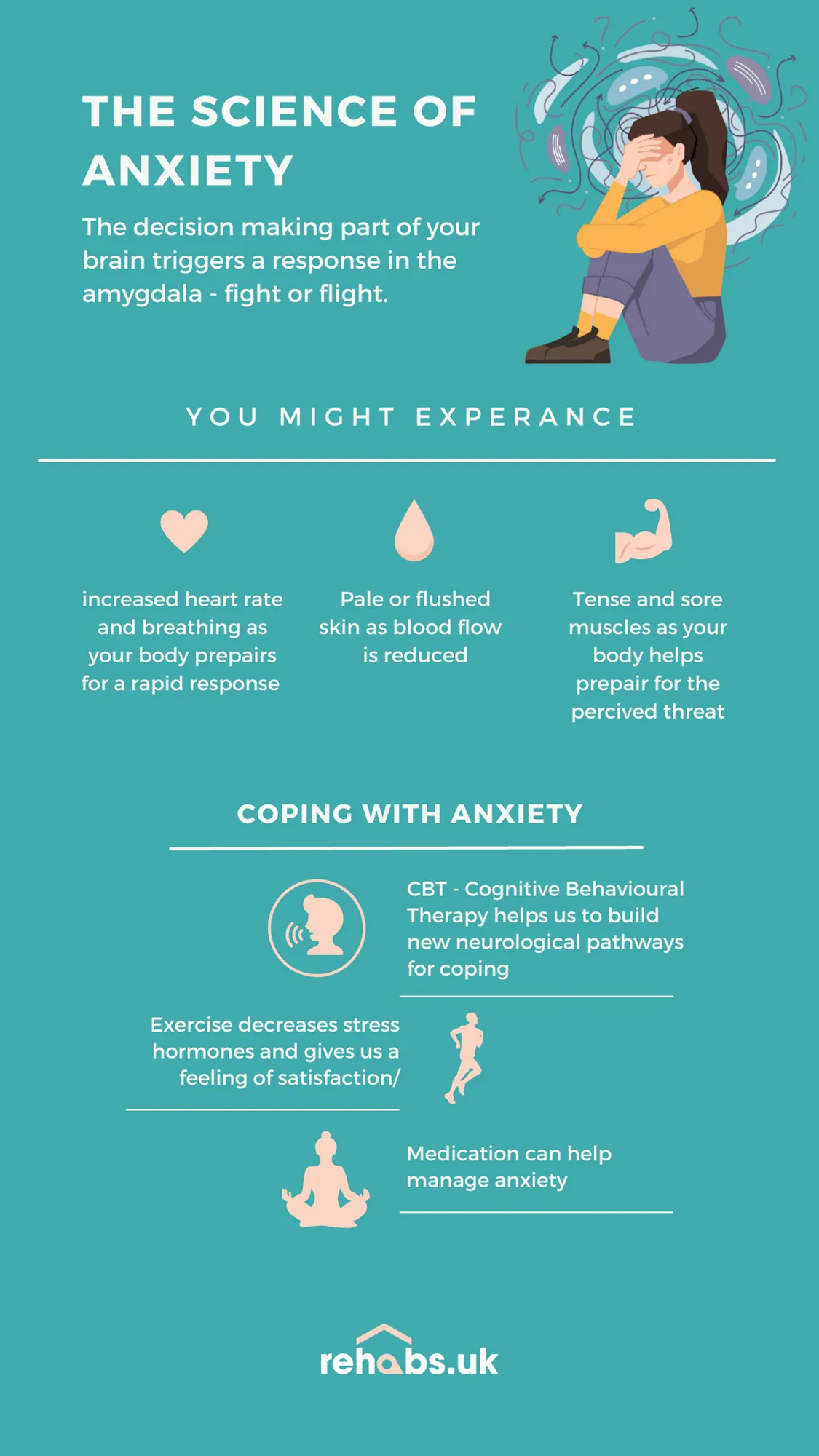13 Sept 2023
Dealing with anxiety and depression can be a challenging journey. Many individuals seek relief through various medications, and tramadol is one such option that has piqued interest due to its pain-relieving properties. In this blog, we'll delve into the relationship between tramadol and anxiety, discussing its potential benefits, risks, and important considerations.
- Can Tramadol Help with Anxiety/Depression? Tramadol is primarily known as a painkiller, but some researchers have explored its potential to alleviate anxiety and depression. While it may offer some relief, it's important to note that it's not a first-line treatment for these conditions. Talk to your GP about alternative medications and therapies that are specifically designed to address anxiety and depression.
- Does Tramadol Cause Anxiety? Tramadol itself may not directly cause anxiety, but some individuals may experience increased anxiety as a side effect. This varies from person to person and should be monitored closely when using tramadol.
- How Long Does Tramadol Last for Anxiety? The duration of tramadol's effects varies, but its pain-relieving properties typically last for about 4-6 hours. When used for anxiety, the duration of relief may also be limited, and it's crucial to consult with a healthcare professional for the appropriate dosing schedule.
- Is Tramadol Better than Diazepam? Tramadol and diazepam are distinct medications with different purposes. Diazepam is a benzodiazepine used primarily for anxiety and related conditions, while tramadol is an opioid painkiller. The choice between them depends on your specific condition and your doctor's recommendations.
- When Should Tramadol Be Avoided? Tramadol should be avoided in certain situations, such as if you have a history of substance abuse, are taking other medications that interact negatively with tramadol, or have a seizure disorder. Always consult your healthcare provider before starting any new medication.
- Does Tramadol Give You Serotonin? Tramadol does have some impact on serotonin levels in the brain, which can contribute to its pain-relieving effects. However, this also means that it can interact with other medications that affect serotonin levels, potentially leading to a condition known as serotonin syndrome. It's crucial to inform your healthcare provider of all medications you're taking to avoid such interactions.
- Will Doctors Prescribe Tramadol? Doctors may prescribe tramadol for pain management when deemed appropriate. However, it's less commonly prescribed for anxiety or depression due to its potential for abuse and side effects. It is then more common for the doctor to take you off tramadol onto a benzo such as diazepam. This again is just swapping from one addictive drug to another and should be carefully discussed with a healthcare professional before considering.
- What Does It Feel Like Coming Off Tramadol? Coming off tramadol can be challenging, with withdrawal symptoms that may include anxiety, restlessness, and agitation. It's essential to taper off the medication under medical supervision to minimise these effects.
- What Are the Bad Side Effects of Tramadol? Tramadol can have various side effects, including nausea, dizziness, and, in some cases, increased anxiety. Other severe side effects may occur, such as seizures, which require immediate medical attention.
- Is Tramadol for Pain or Anxiety? Tramadol is primarily prescribed for pain management. While it may provide temporary relief from anxiety for some individuals, it should not be considered a long-term solution for anxiety or depression.
- Can I Ask My GP for Tramadol? You can discuss tramadol with your GP, but it's essential to have an open and honest conversation about your medical history, symptoms, and any concerns you may have. Your GP will help determine if tramadol is an appropriate treatment option for your specific condition.
- How Long Can My GP Prescribe Me Tramadol? The duration of tramadol treatment prescribed by your GP depends on your individual needs and the nature of your condition. Typically, tramadol is prescribed for short-term use, but in some cases, it may be needed for a more extended period under careful medical supervision.
- Is Tramadol Going to Be Banned in the UK? In September 2021, tramadol was not banned in the UK. However, regulations and restrictions on medications can change over time. It's essential to stay informed about the latest developments and consult with healthcare professionals for the most up-to-date information.
- Is It Bad to Take Tramadol for a Long Period of Time? Using tramadol for an extended period can lead to tolerance, dependence, and potential withdrawal symptoms when discontinuing the medication. Long-term use should be carefully monitored by a healthcare provider, and alternative treatments should be considered when appropriate.
Tramadol may offer some relief from anxiety and depression for certain individuals, but it's not a first-line treatment for these conditions. Always consult with your healthcare provider for a thorough evaluation and personalised treatment plan that addresses your specific needs and concerns. Additionally, it's crucial to be aware of the potential risks and side effects associated with tramadol and use it as prescribed under medical supervision.

